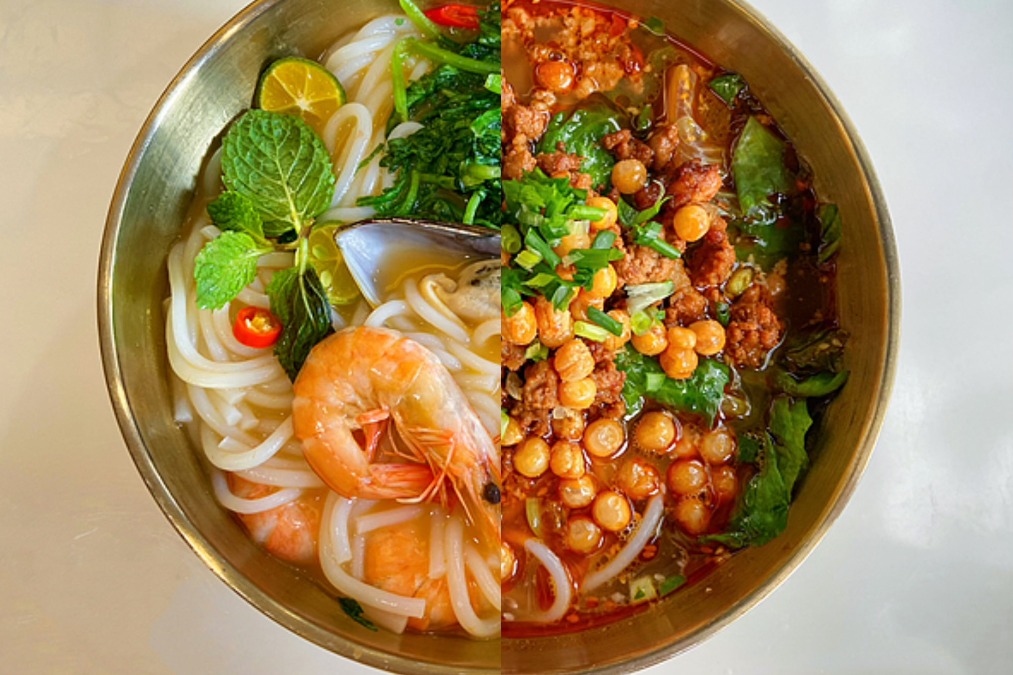Wellington Koo: The man who stood up for China
He is viewed by many as China's first modern diplomat, Zhao Xu reports.


Back in 1918, Koo had little time to grieve. In January 1919, he was appointed one of China's five plenipotentiaries to the Paris Peace Conference, where the victorious Allied Powers gathered following the end of World War I to set the peace terms for the defeated Central Powers.
China, which had seen its rights as a sovereign country repeatedly infringed on since the mid-19th century, was within the Allied camp.
One focal point concerned the disposal of the leased territory and other rights previously held by Germany in East China's Shandong province, things that had been "wrung out of China by force", to use the words of Koo. In the beginning of World War I, Japan, which had long been eyeing this strategically important piece of land, declared war on Germany, won, and became the land's de facto occupier.
Facing Japan's attempt to have the German rights and interests "legally" transferred to them during the meeting, Koo fought fervently.
"The territories in question were an integral part of China. They were a part of a province containing 36 million inhabitants, of Chinese in race, language and religion.… On the principles of nationality and of territorial integrity, principles accepted by the Conference, China had a right to the restoration of those territories. The Chinese delegation would feel that this was one of the conditions of a just peace," he said. "If, on the other hand, the Congress were to take a different view and were to transfer these territories to any power, it would, in the eyes of the Chinese delegation, be adding one wrong to another."
In order to strike a chord with representatives from the West, Koo went on to say that to ask the Chinese to willingly give up Shandong, the home province of Confucius, was akin to asking the Christians to abandon Jerusalem.
Well deliberated and forcibly delivered, the speech was a big success-US President Woodrow Wilson walked up to Koo and congratulated him on the spot. (The president had previously invited Koo to his wedding to Edith Bolling Galt.)
That history was powerfully reenacted in the 1999 Chinese movie My 1919, with veteran Chinese actor Chen Daoming impersonating Koo. However, as the diplomat later noted, "it was one thing to make an impressive speech yet quite another to receive a favorable resolution". Japan threatened to walk away from the meeting and render all its decisions ineffective. The Allied Powers, eager to solidify their own interests, folded.
"I made it clear that China had no choice but to refuse signing," recalled Koo in his memoir.
According to Young, although a telegram from Beijing did arrive later telling them not to sign, Koo was most likely to have arrived at that decision independently, with another young man in the delegation.
Back home, China's failure at the peace conference was met with immense disillusionment and outrage, moods palpably felt even in Paris.
"When members of the delegation came out of their residence in the suburb of Paris, they were confronted by some emotional Chinese students, among whom was Zheng Yuxiu, who at that point declared that she had a gun in her coat," said Young.




































